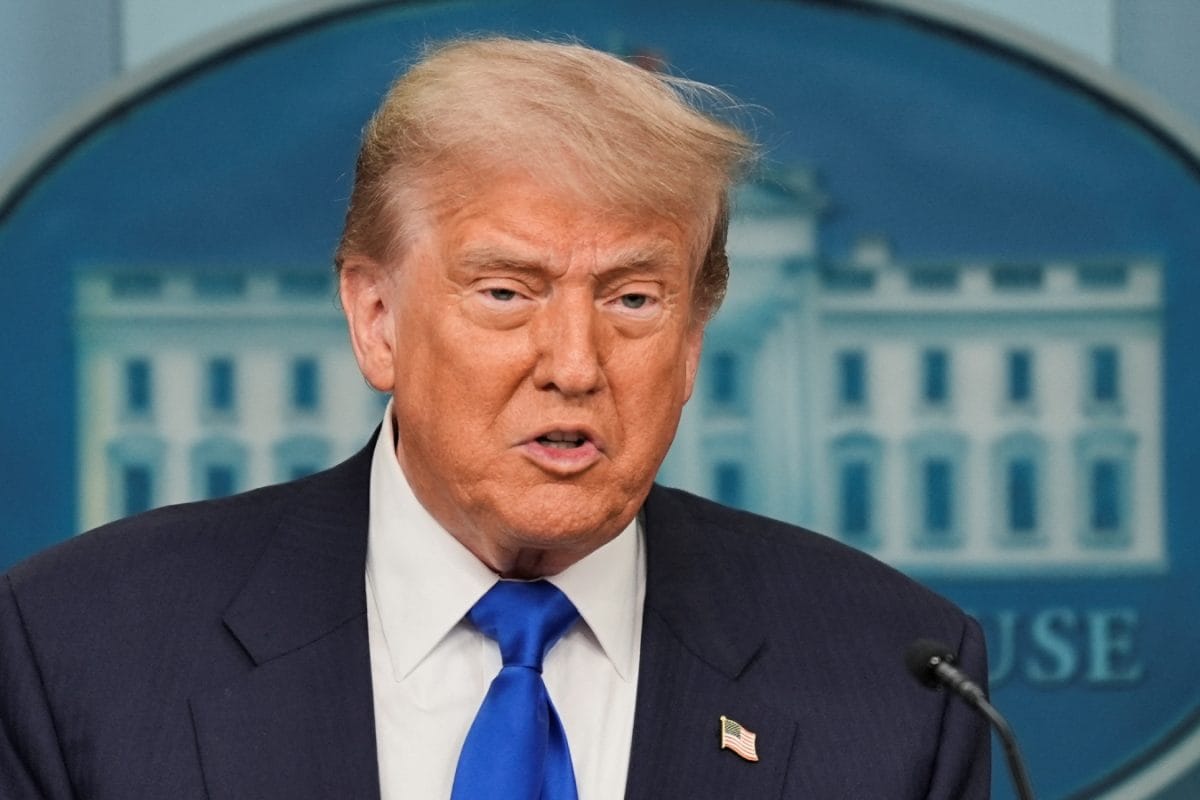

US President Donald Trump's "One Big, Beautiful Bill" is heading for a final vote in the House of Representatives, marking a crucial moment for this sweeping tax and spending legislation. The bill has undergone several revisions, and its passage has been contentious, with disagreements arising from both within the Republican Party and from Democrats. Here's how this bill could impact Indians in the United States:
Remittance Tax Reduction: One of the most significant changes in the bill is the reduction of the tax on remittances to other countries, including India. The initial proposal suggested a 5% tax on remittances, which sparked considerable concern among Indian professionals and NRIs in the US. This rate was later reduced to 3.5% in the House version of the bill. The updated draft has further decreased the tax rate to 1%. This reduction offers substantial relief to the approximately 4.5 million Indians in the US, including about 3.2 million of Indian origin, who regularly send money back home.
Application of the Remittance Tax: The 1% tax applies to remittances made via cash, money orders, or cashier's checks. The bill exempts remittances made from "an account held in or by a financial institution" and those "funded with a debit card or a credit card issued in the United States". The updated draft of the bill states, "There is hereby imposed on any remittance transfer a tax equal to 1% of the amount of such transfer...The tax imposed by this section with respect to any remittance transfer shall be paid by the sender with respect to such transfer". The remittance tax will only be implemented on qualifying transfers conducted after December 31, 2025.
Broader Implications: While the reduced remittance tax provides relief, the "One Big, Beautiful Bill" encompasses a wide array of tax modifications and expenditure reductions. The main objective of the bill is to extend Trump's tax cuts which are slated to expire by the end of 2025. To finance increased military spending, border security, and energy projects, the bill proposes significant cuts to federal programs, including Medicaid and clean energy incentives. These cuts have triggered outrage across party lines. The bill is expected to slash social welfare programs and add an estimated $3 trillion to the national debt.
Impact on Indian Households: The remittance from the US is a lifeline for thousands of families in India. The US is the largest source of global remittances, contributing approximately $32 billion, which is about 28%, of India's total remittance receipts of $118.7 billion in 2023-24.
Legislative Process: The bill has already passed a key Senate hurdle with a narrow 51-49 vote and is now under discussion in the House. The House is expected to vote on the bill soon. To pass the bill through Congress, Trump has set a July 4th deadline.
Potential Challenges: Some Republicans have voiced concerns about the bill's impact on the national debt and healthcare. Should the House make changes to the bill, the revisions would require the Senate's approval, or force the two chambers to go to conference committee to iron out a final product that the two bodies could agree on, jeopardizing the bill's timely passage.